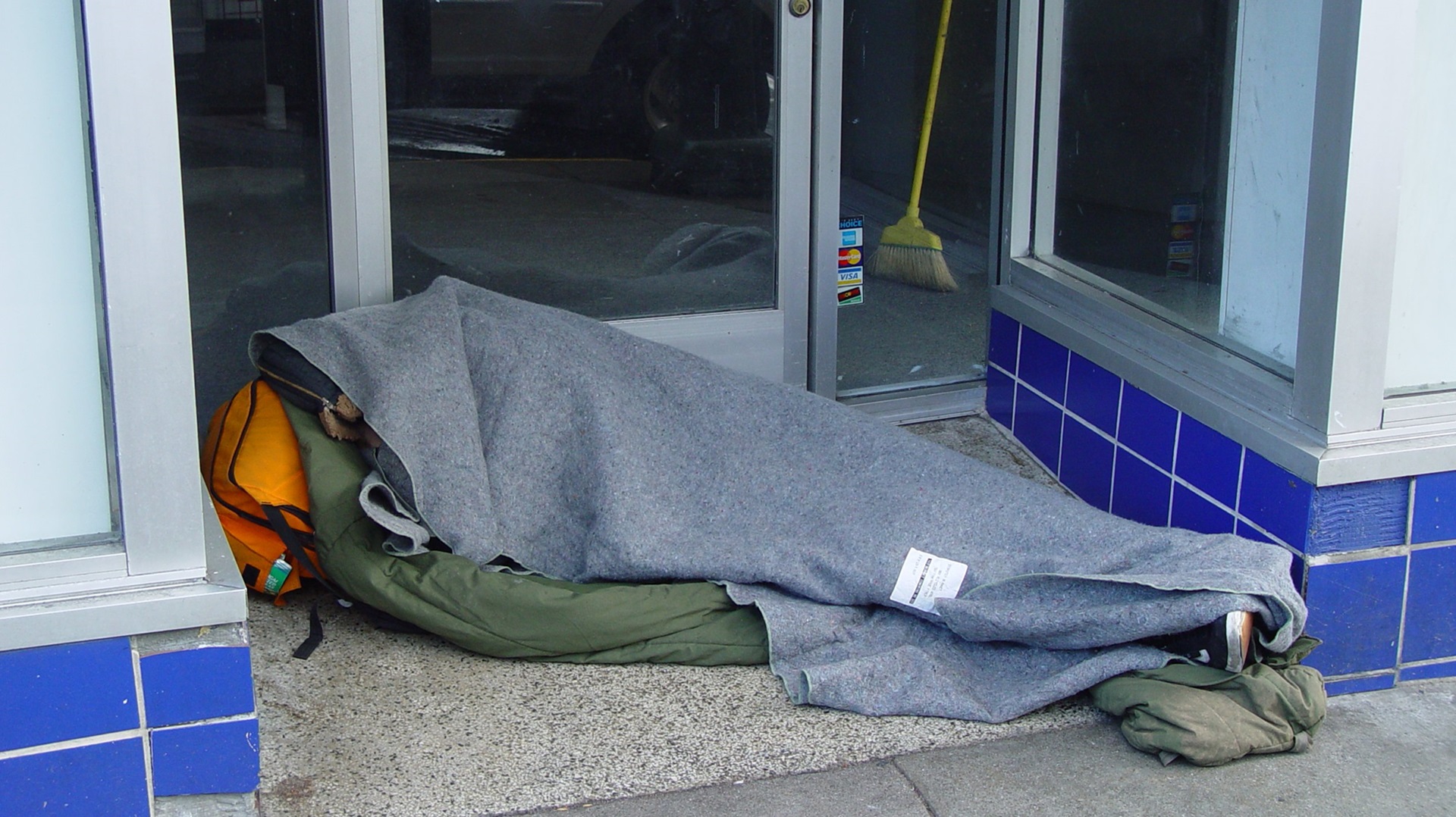Britain has changed beyond measure since the 1824 Vagrancy Act first became law – but we are still a country that regularly treats vulnerable rough sleepers as criminals. Politicians still stand in parliament, throwing around offensive Victorian-era stereotypes of drunken vagrants lying in the street, despite research showing the key drivers behind rough sleeping are a lack of truly affordable housing, unemployment and life events like fleeing domestic violence.
We were told this 200-year-old legislation was going to be scrapped in 2021 – but scrapping later became re-drafting in the form of the Criminal Justice Bill.
Last year, while home secretary, Suella Braverman confirmed this act of parliament would include new policies directly aimed at criminalising rough sleepers. She issued a series of online posts, implying many of the people we see sleeping rough aren’t “genuinely homeless” that they’re a nuisance, aggressive and blighting our communities.
A strange decision from a government with a manifesto pledge to focus on expert advice to address the root causes of rough sleeping and to end it for good by the end of this parliament. Politicians might speak of wraparound support to bring people in from the cold, but research by Centrepoint suggests that the Vagrancy Act has been used to arrest children as young as 10. A Freedom of Information request showed the Met Police has disproportionately used the act against younger rough sleepers and in a survey of Centrepoint’s partner network, a fifth of charities said they had supported a young person arrested under this legislation in the last year. So, while the talk is about “help”, the reality – is often handcuffs.
Little wonder then, that there has been avalanche of opposition to the rough sleeping provisions in the Criminal Justice Bill. The government may be watering some of these down, but it cannot be understated – if this law passes parliament, police in England and Wales will have a renewed mandate to criminalise some of the most vulnerable people in our society.
Ministers argue officers will not be allowed to move rough sleepers on without first pointing them towards support services – but we know that charities are buckling under the strain of demand, and local authorities simply do not have the resources to help. Centrepoint commissioned research suggests that councils in England need an additional £300m a year to assess and support every homeless young person coming forward – with many local authorities now unable to carry out that legal duty.





